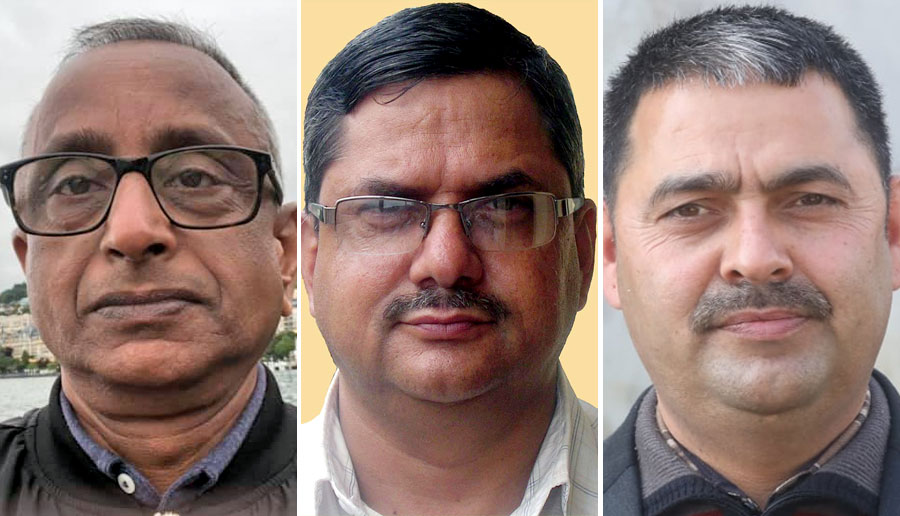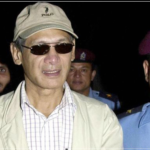Kathmandu, January 5
A resolution related to the implementation of federalism prepared by the ruling coalition has reached the parliament.
The lawmakers of the ruling Nepali Congress, CPN-Maoist Center, CPN (Unified Socialist) and Rastriya Janata Samajwadi Party (JSP) have jointly brought a resolution saying that the implementation of federalism has not been satisfactory even after six years of its
implementation.
Independent MP Khim Lal Devkota is proposing the resolution. Among the supporters are
Congress parliamentary party leader Radheshyam Adhikari in the National Assembly, Ram
Narayan Bidari of the UCPN (Maoist) Center, Sher Bahadur Kunwar of the Unified Socialists and Pramila Kumari Yadav of the Jaspaki.
He said that there was dissatisfaction among the people due to the weaknesses in the
implementation of federalism.
The proposal states that the relationship between the levels of government is based on the
principles of co-operation, co-existence and co-ordination, but it is not well followed. Due to
insufficient manpower, the state and local levels have not been able to achieve the expected results.
It has been mentioned that small programs and schemes are being sent to the state and local level in the name of unconditional conditional grants.
A 15-point directive has been demanded to address the issue saying that the people's
representatives have lost their sense of accountability and responsibility towards the citizens and there have been complaints at the grassroots level about governance.
Secretary of the National Assembly Rajendra Phuyal said that the meeting of the National
Assembly was convened on Poush 25 keeping in mind the resolution proposed by the ruling
coalition.
The points sought to give direction through the resolution are as follows.
1. To activate inter-level coordinating institutions.
2. To put an end to duplication of work between the levels of government.
3. To maintain balance between policy making and law making between the levels of
government.
4. To fully implement the 29-point federalism implementation facilitation action plan.
5. To build institutional structures only on the basis of rights and workload.
6. To stop the distribution of small schemes and programs in the name of conditional grants.
7. To implement participatory planning system.
8. The amount of financial transfer to be received by the state and local level to implement the provisions of the constitution as recommended by the National Natural Resources and Finance Commission.
9. To meet the staff shortage seen at the state and local level
10. To manage the remaining structures for integration and transfer in the state including
police.
11. To maintain uniformity in the services and facilities (including vehicles) of the local level
officials.
12. To do the homework of amending the constitution to make the number of ministries and ministers in the states efficient.
13. To expedite the drafting of the law and to ensure the participation of the state and local
level in its drafting.
14. To make necessary arrangements to make the relationship between the Union, the State and the local level strong, coordinated and smooth.
15. To make public and implement the report of Public Expenditure Review Commission 2075.
By Karuna Thapa




